Tonsillectomy - removal of the tonsils

specialists

equipment

treatment
Tonsillotomy, tonsillectomy and adenotomy - what is the difference?

These are three completely different surgical procedures, so they should not be confused.
Tonsillotomy and tonsillectomy operations have the following differences:
- Tonsillotomy is a partial resection of lymphoid tissue, which is aimed at removing the pathologically changed area, but preserving the tonsil
- Bilateral or unilateral tonsillectomy consists of complete removal of the tonsil and capsule from two or one side, respectively
Tonsillectomy and adenotomy differ in the organ on which the intervention is performed. Adenotomy is the removal of adenoids located in the nasopharyngeal space. Often, the removal of tonsils and adenoids is performed simultaneously, during one procedure.
General information about the procedure
Types of surgical interventions for resection of palatine tonsils
The preferred intervention technique depends on the extent of the pathological process, the presence of complications, age, and other factors. The cost of tonsillectomy surgery will depend on the technique chosen and the method of anesthesia.
Partial or complete, unilateral or bilateral tonsillectomy for tonsillitis is carried out today using the following techniques:
Tonsillectomy using the radio wave method is performed in cases where total removal of the tonsils with capsules is not required, but partial resection is required. Radio wave tonsillectomy involves exposing foci of pathology to high frequency radio waves. Recovery is fast, the risk of complications is reduced to zero
Infrared laser tonsillectomy in Moscow is performed at the K+31 clinic. IR laser heat sealing allows you to avoid pain, swelling, and long postoperative rehabilitation. Requires local anesthesia
Ultrasonic tonsillectomy is performed with an ultrasonic “knife” that generates ultrasound waves of a specific frequency and length. Thanks to the ability to set wave parameters, the surgeon is able to act only on pathological lesions without affecting healthy tissue
The laser tonsillectomy operation, or vaporization (evaporation), is performed using a medical carbon laser. The method is simple, the postoperative period takes several days. Laser tonsillectomy reduces the risk of bleeding to zero
Using the classical technique, the capsule and soft tissue of the tonsils are removed using the traditional method - with a scalpel or a wire loop
Coblation. Tonsillectomy with a coblator is performed without the influence of high temperatures on the tissue, which reduces all the risks of the postoperative period. Local anesthesia is sufficient
Electrocoagulation. Instead of a scalpel, the surgeon uses a surgical instrument with an electrode, which is used to cauterize tissue. The risk of bleeding is minimized, but recovery may take longer due to thermal injury to healthy pharyngeal tissues
Depending on the type of intervention and the patient’s condition, the doctor chooses the type of anesthesia. Tonsillectomy under anesthesia is performed when choosing the classical method and electrocoagulation. Laser, ultrasound, radio wave methods and coblation are more often performed with local anesthesia. General sedation can be chosen by the surgeon to best open the surgical field, reduce the risk of bleeding, and eliminate pain for the patient.
Advantages of treatment of chronic tonsillitis at the K+31 clinic
In the K+31 clinic, the choice of surgical technique is made by the therapist and otolaryngologist, taking into account the patient’s opinion.
Our advantages:
- High-precision diagnostic equipment and our own laboratory allow us to perform the full scope of the necessary examination and accurately make a diagnosis
- The use of high-quality anesthesia and therapy reduces the likelihood of complications
- Modern surgical techniques and expert-class equipment ensure rapid rehabilitation of patients
- Operations are performed by surgeons with many years of experience and high qualifications
- The healing environment of the inpatient department is conducive to rapid recovery and improved well-being
You can make an appointment with a doctor or consult on questions of interest by phone, via messenger or through your personal account on the official K+31 website.

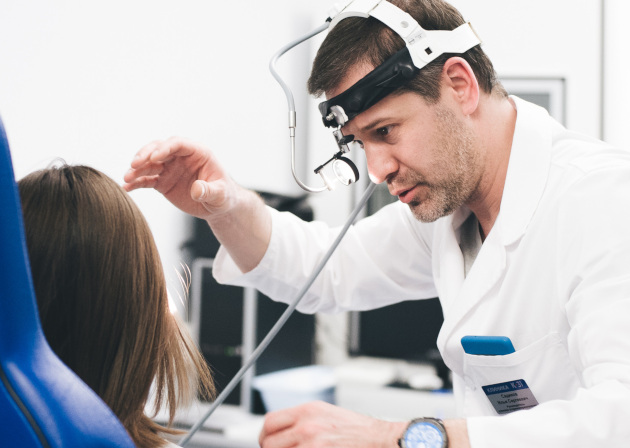
How is an appointment with an otolaryngologist at K+31?
Our doctors

This award is given to clinics with the highest ratings according to user ratings, a large number of requests from this site, and in the absence of critical violations.

This award is given to clinics with the highest ratings according to user ratings. It means that the place is known, loved, and definitely worth visiting.

The ProDoctors portal collected 500 thousand reviews, compiled a rating of doctors based on them and awarded the best. We are proud that our doctors are among those awarded.
Make an appointment at a convenient time on the nearest date
Price
Answers to popular questions
Where to get a tonsillectomy in Moscow?
How much does a tonsillectomy cost in the capital?
The cost of tonsillectomy is influenced by the list of medications and auxiliary products used, and the level of technology of the operation. The final price of tonsillectomy in Moscow depends on the type of intervention and the diagnostic and treatment program prescribed to the patient.
You can find the full price list of medical services on the official website of the K+31 clinic. When performing tonsillectomy for a fee, you can count on reasonable prices. Doctors make only the most necessary appointments to avoid unnecessary treatment costs. The final price of tonsillectomy surgery will be calculated before the intervention and agreed upon with the patient.
Other services





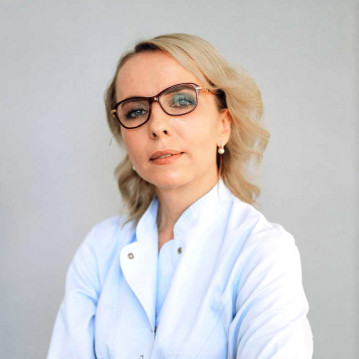
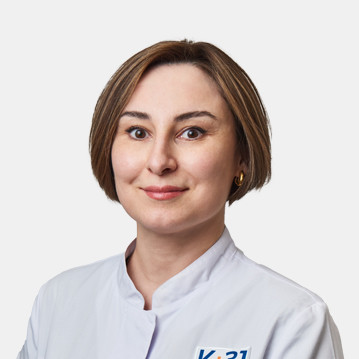


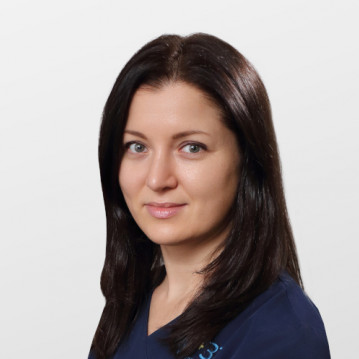

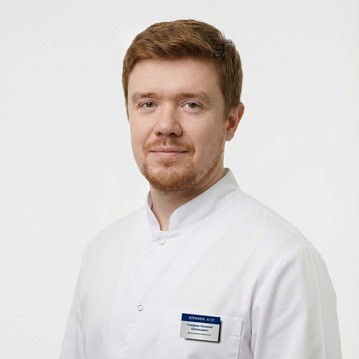
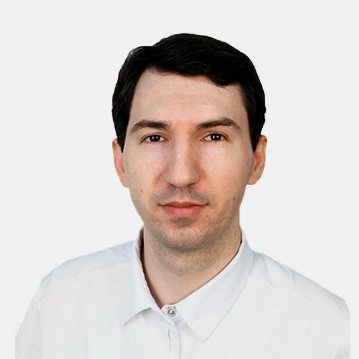

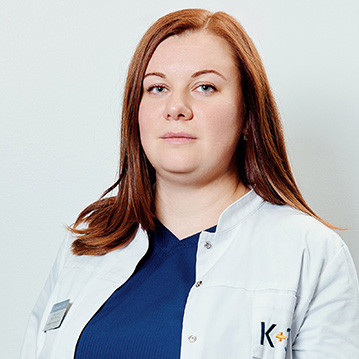
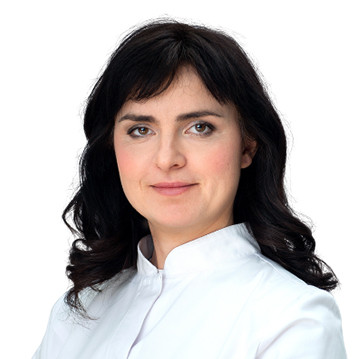

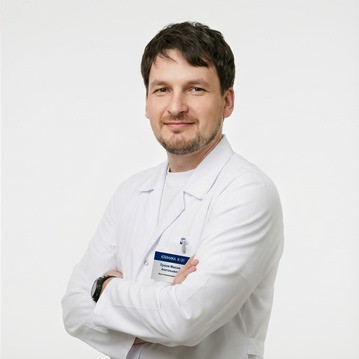


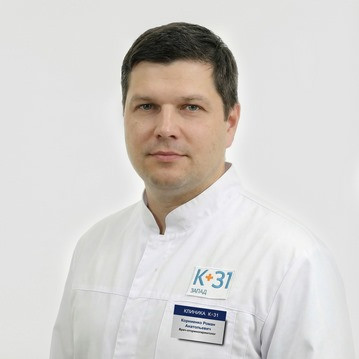
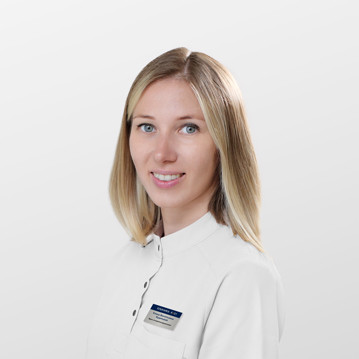






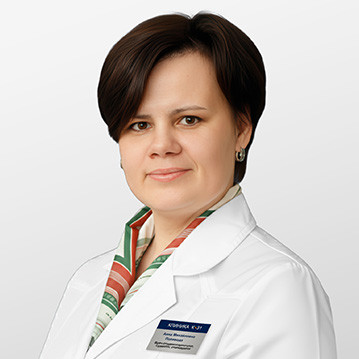
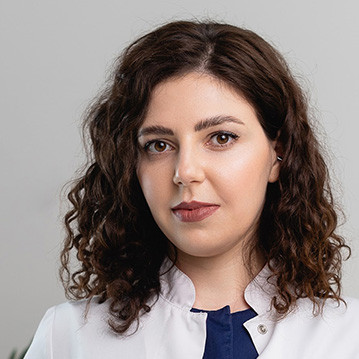
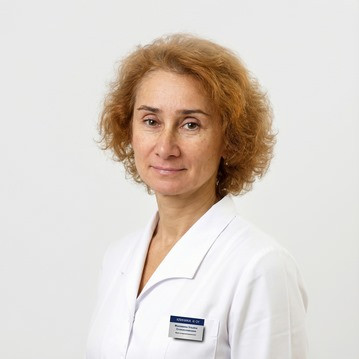







The meaning of tonsillectomy surgery
Tonsils (tonsils) are important organs of the immune system. They consist of lymphatic tissue and are richly penetrated with blood and lymphatic vessels. The protective functions of the tonsils are to be the first to stand in the way of infectious agents entering the nasopharynx through the nose and mouth. Viruses, bacteria, fungi settle on their surface, where they are neutralized with the help of immune cells - lymphocytes.
The pharyngeal ring of seven tonsils, including the palatine tonsils, is in constant contact with pathogens. Inflammatory processes often occur in the tonsils, which we know as tonsillitis, or tonsillitis. Suppressed immunity and pathological proliferation of lymphoid tissue lead to narrowing of the entrance to the pharynx, pain and other problems.
When conservative treatment does not bring positive results, the tonsils can be removed surgically. Unilateral or bilateral tonsillectomy eliminates the source of chronic infection in the body, which, without treatment, is often the source of serious infectious and inflammatory diseases of other organs.